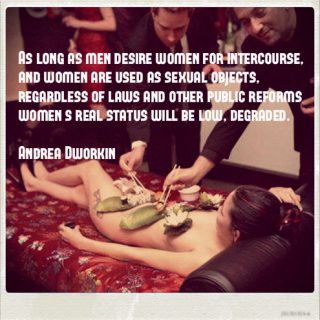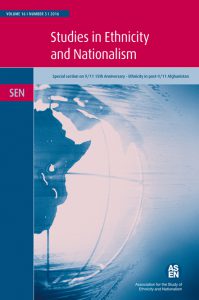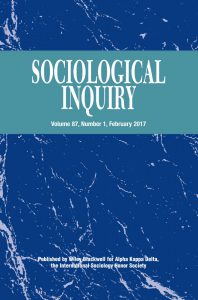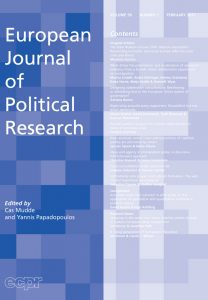Crisis (in reality, economic life and academia alike)
In early March, I interviewed Nancy Fraser for the King’s Review. Fraser, professor at the New School specialising on critical theory and feminism, is currently writing three accounts of the recent (financial, global and specifically European) crisis. In the interview, she was ardently arguing for a more holistic understanding of crisis: we shouldn’t see the recent turmoil in finance as an isolated economic problem but as connected with ecological – climate change – and socio-reproductive issues, such as enduring...






